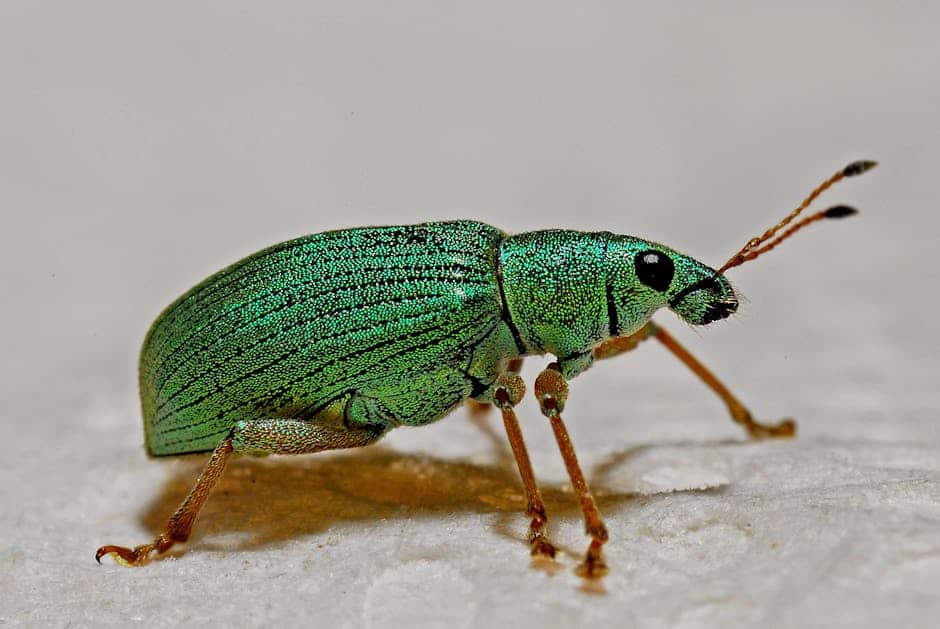How to Address Bugs Found in Your Garden Soil
Discovering bugs in your garden soil can be disheartening, but fear not, there are effective ways to address this issue. By implementing the right strategies, you can get rid of these pests and restore the health of your soil. In this article, we will explore various methods and techniques that can help you tackle bugs in your garden soil.
1. Prepare a Healthy Soil
A healthy soil is the foundation of a thriving garden. Start by using organic compost and tilling in fertilizers before the growing season begins. This will provide essential nutrients to your plants and promote their overall health. A strong and healthy garden can better resist bug infestations.
2. Regulate Soil Moisture
Bugs are attracted to damp conditions, so it’s important to regulate the moisture level in your garden soil. Avoid overwatering, as this can create an environment that is perfect for bugs to thrive. Instead, practice good watering practices by watering plants from the base to keep the topsoil dry.
3. Use Barriers and Repellents
Creating barriers and using repellents can help prevent bugs from accessing your plants. For example, you can plant carrots in tissue rolls, which act as a physical barrier against bugs. Additionally, consider using natural repellents like garlic, hot peppers, and ginger, which bugs tend to avoid.
4. Utilize Insect Traps
Insect traps are a proactive approach to controlling bug populations in your garden. By placing traps strategically, you can capture and remove bugs before they cause significant damage. Make it a routine to check and empty the traps regularly to ensure their effectiveness.
5. Consider Organic Pesticides
If other methods fail to control the bug infestation, organic pesticides can be a viable option. These pesticides are derived from natural sources and are less harmful to the environment. However, it’s important to use them judiciously and follow the instructions provided to minimize any potential negative effects.
6. Kitchen Remedies for Pests
Your kitchen can also be a source of effective remedies for garden pests. Ingredients like garlic, hot peppers, and ginger can be used to create homemade sprays that repel bugs. These natural solutions are safe for your plants and can help keep bugs at bay.
Conclusion
Addressing bugs in your garden soil requires a multi-faceted approach. By preparing a healthy soil, regulating moisture, using barriers and repellents, utilizing insect traps, considering organic pesticides, and exploring kitchen remedies, you can effectively manage and control bug populations in your garden. Remember to always prioritize the health of your soil and take proactive measures to prevent bug infestations.
Related Websites:
FAQs:
Q: Why are bugs important in garden soil?
Bugs in garden soil play a crucial role in the ecosystem by breaking down organic matter, improving soil structure, and aiding in nutrient cycling. They also attract beneficial insects and contribute to pollination.
Q: How can I identify bugs commonly found in garden soil?
To identify bugs in garden soil, you can observe their physical characteristics such as size, shape, color, and behavior. Additionally, using a magnifying glass or a smartphone app that identifies insects can help with accurate identification.
Q: What are the potential effects of bugs on plant health?
Some bugs in garden soil can be beneficial, while others may cause harm to plants by feeding on roots, leaves, or flowers. It’s important to assess the impact of bugs on plant health and take appropriate measures to protect the plants.
Q: Are there natural methods to address bugs in garden soil?
Yes, there are organic and natural approaches to controlling bugs in garden soil. You can employ companion planting techniques, introduce beneficial insects like ladybugs or nematodes, and use trap crops to deter or eliminate pests naturally.
Q: When should I consider chemical options for bug control in garden soil?
Chemical intervention should be considered as a last resort when other methods fail or when the infestation is severe. It is important to carefully follow instructions and consider the potential risks associated with chemical control options.






